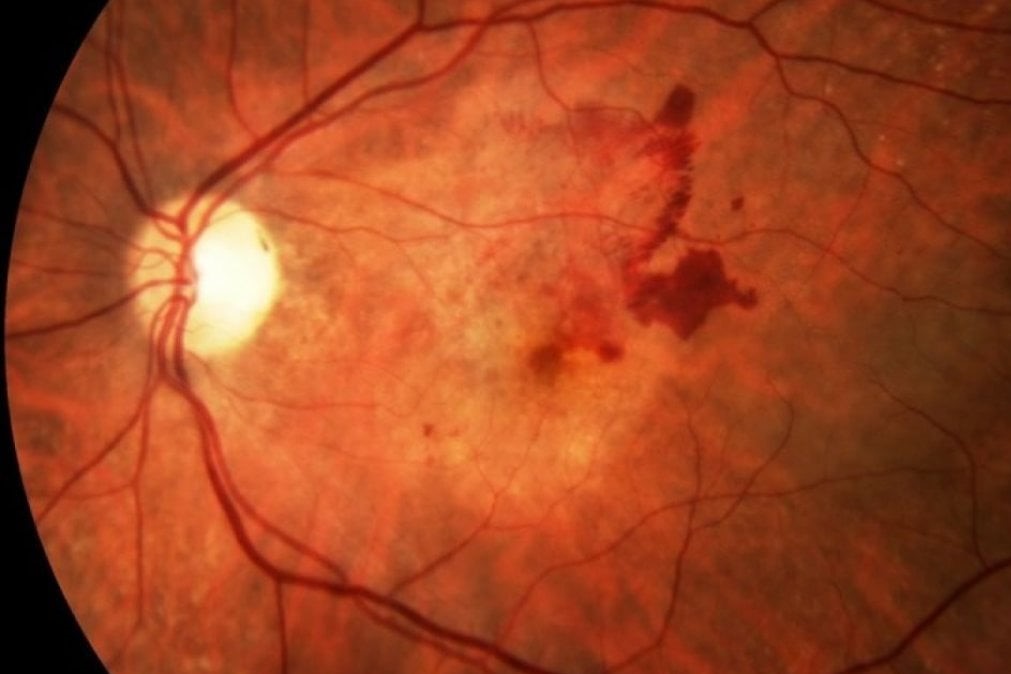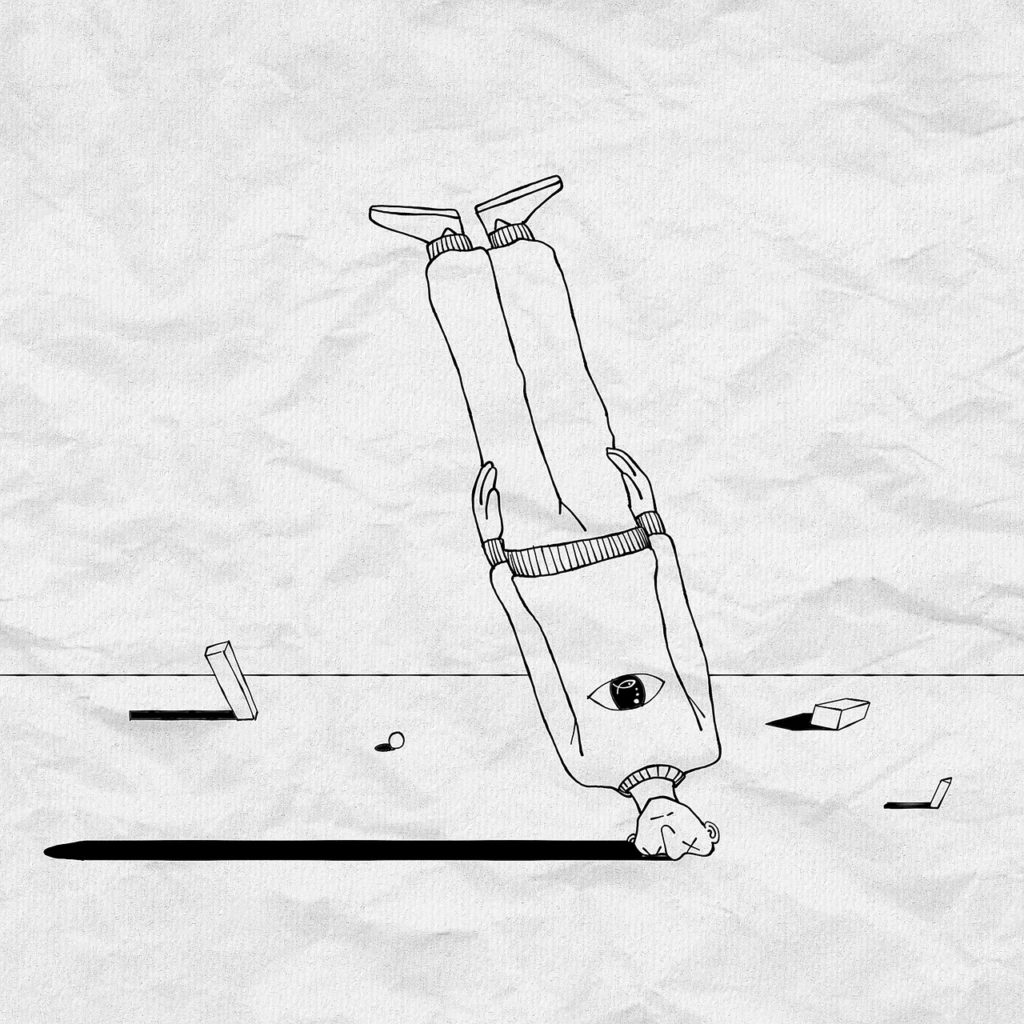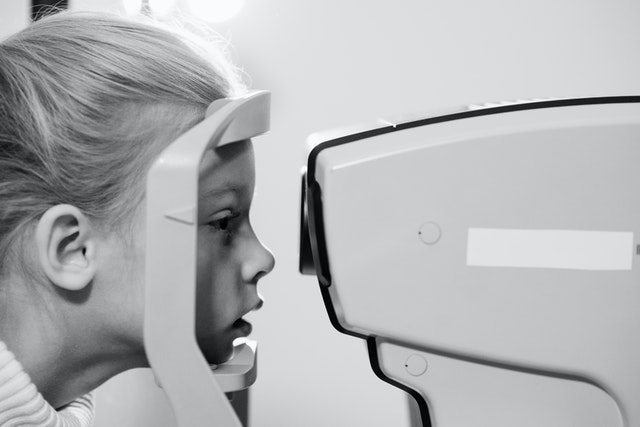Age-related macular degeneration (AMD) is a progressive eye condition that affects the macula, the central part of the retina responsible for sharp, central vision. It is the leading cause of vision loss in people over 50 years old. AMD typically occurs in two forms:
- Dry AMD: This is the more common form, accounting for about 80-90% of cases. It involves the gradual breakdown of cells in the macula, leading to a gradual loss of central vision. Drusen, which are small yellow deposits, may accumulate in the retina.
- Wet AMD: Although less common, wet AMD is more severe. It occurs when abnormal blood vessels grow beneath the macula and leak fluid and blood, causing rapid and severe vision loss.
Symptoms of AMD include blurred or distorted central vision, straight lines appearing wavy, and difficulty seeing details or colors clearly.
While there is currently no cure for AMD, several strategies can help manage the condition and slow its progression:
- Nutritional supplements: The Age-Related Eye Disease Study (AREDS) and AREDS2 trials have shown that certain high-dose antioxidant vitamins and minerals, including vitamin C, vitamin E, zinc, copper, lutein, and zeaxanthin, can reduce the risk of progression to advanced AMD in some people with intermediate or advanced AMD.
- Healthy lifestyle choices: Eating a balanced diet rich in fruits, vegetables, and fish, which are high in omega-3 fatty acids, may help reduce the risk of AMD progression. Avoiding smoking and maintaining a healthy weight are also important factors in managing AMD.
- Regular eye exams: Early detection and regular monitoring of AMD are essential for preserving vision. Your eye doctor can detect AMD during a comprehensive eye exam and recommend appropriate treatment and management strategies.
- Anti-VEGF therapy: For wet AMD, injections of anti-vascular endothelial growth factor (VEGF) medications into the eye can help slow the growth of abnormal blood vessels and reduce leakage, preserving vision and sometimes even improving it.
- Low vision aids: If AMD has significantly affected your vision, low vision aids such as magnifying lenses, telescopic lenses, and other visual aids can help maximize your remaining vision and improve quality of life.
It’s crucial to work closely with your eye care professional to develop a personalized management plan for AMD based on your specific condition and needs. You can make an appointment with us online at https://sightcareoptometry.com/.
Note: This posting is for informational purposes only and does not attempt to diagnose or
recommend treatment for any condition. Please refer to the Ontario Association Optometrists website (https://optom.on.ca/eye-health-library) for more information or consult an Optometrist if you are experiencing eyesight issues.






